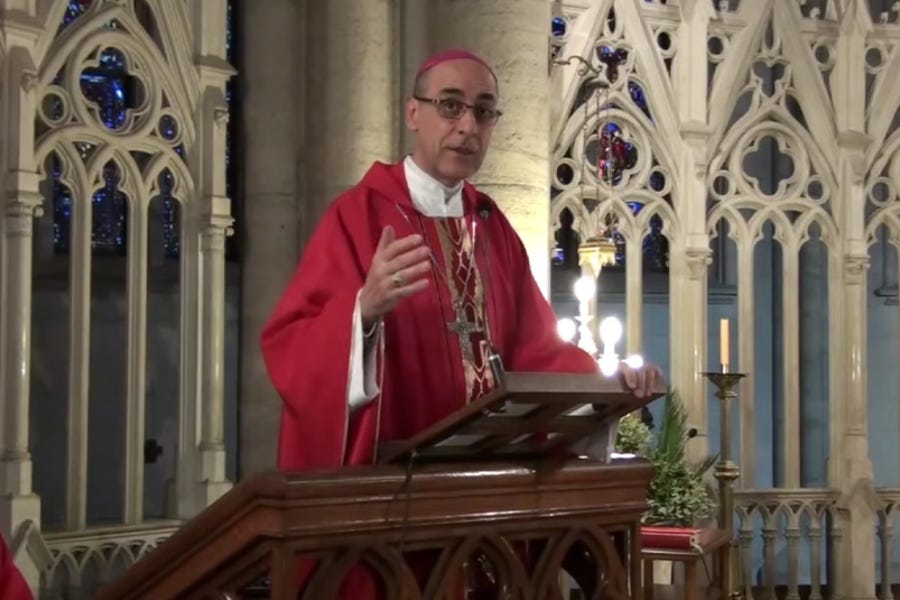Tucho and the Teutons: What the new DDF prefect thinks of Germany
Will Archbishop Victor Fernandez, the Vatican’s new doctrine chief, throw a lifeline to the synodal way?
Since he was appointed Vatican doctrinal chief July 1, Cardinal-elect Víctor Manuel Fernández has given at least 20 interviews.

One topic he has frequently addressed is the Catholic Church in Germany. That’s not surprising since Germ…
